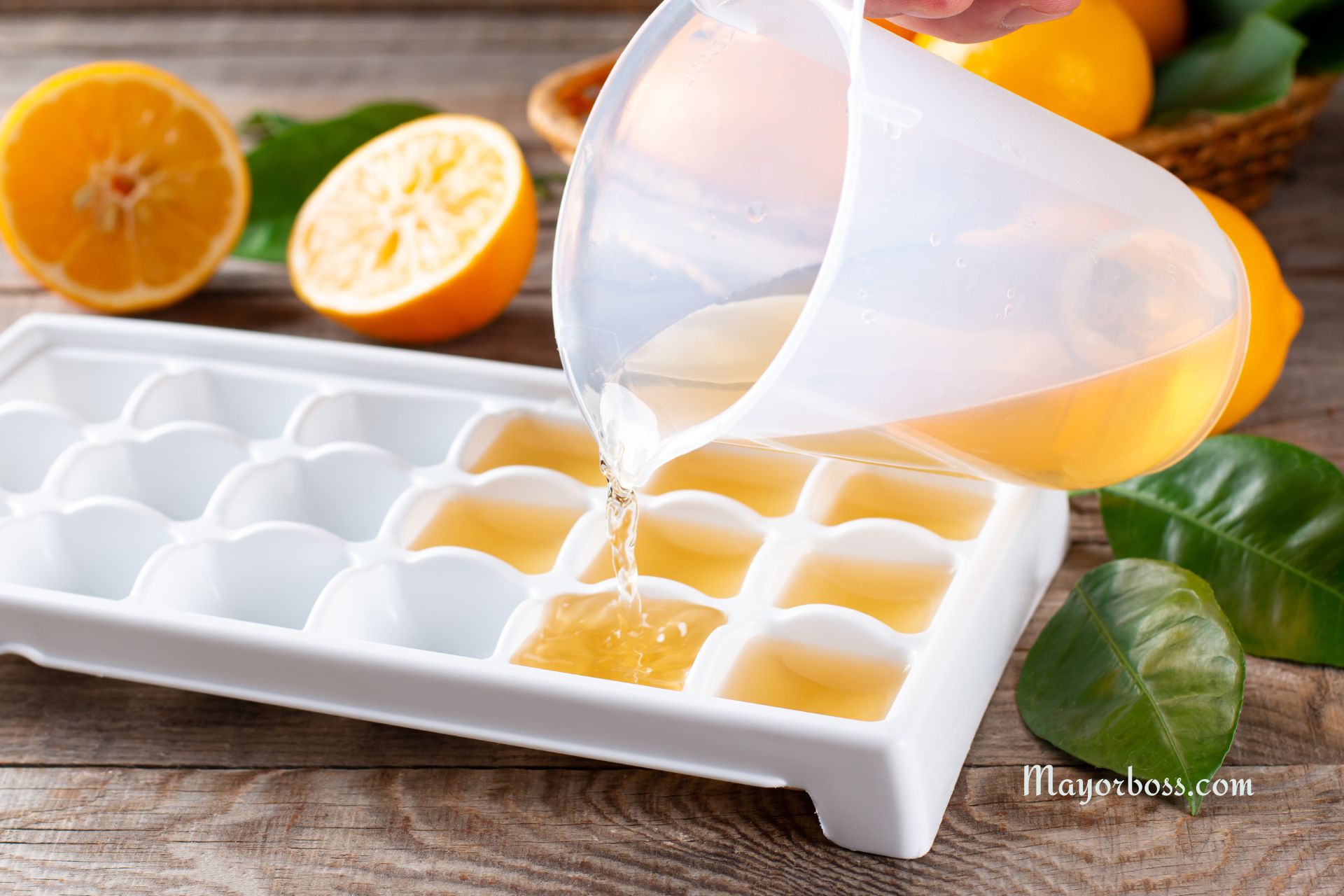Stop Wasting Lemons! Why Freezing is the Smart Solution
Lemons, those vibrant bursts of sour bliss, are often underused in many kitchens, leading to unnecessary waste. It’s a common scenario: you buy a bunch of lemons with the intention of using them, only to find them languishing at the back of your fridge weeks later. But what if there was a way to extend their shelf life, ensuring you get every last drop of value from these citrus wonders? Freezing is the answer. Let’s explore why freezing lemons is the smart solution for minimizing waste and maximizing flavor.

The Benefits of Freezing Lemons
Extended Shelf Life
Freezing lemons can significantly extend their shelf life. Fresh lemons typically last about 2-4 weeks in the refrigerator. However, when frozen, lemons can be preserved for up to 4-6 months without losing their taste or nutritional value. This extended shelf life means you can enjoy lemons anytime without worrying about them spoiling quickly.
Convenience and Versatility
Frozen lemons are incredibly convenient. Need lemon zest for a recipe? Or maybe a splash of lemon juice for a dressing? With lemons frozen at your disposal, you can easily add a citrusy punch to dishes, even out of season. Plus, freezing opens up new ways to use lemons in your cooking and baking endeavors.
Waste Reduction
By freezing lemons, you’re contributing to a more sustainable kitchen. Instead of throwing away unused lemons, freezing allows you to use every part of the lemon – juice, zest, and even the lemon slices themselves. This not only saves money but also helps in reducing food waste.
How to Freeze Lemons Effectively
Freezing lemons is simple and doesn’t require any fancy equipment. Here’s how to do it:
- Clean and Dry: Start by washing the lemons thoroughly under running water. Dry them completely to prevent ice crystal formation.
- Prep for Freezing:
- Whole Lemons: You can freeze lemons whole if you plan to use them for their zest or juice later.
- Slices or Wedges: For a ready-to-use option, slice or cut the lemons into wedges. Spread them out on a baking sheet, making sure they’re not touching, and freeze until solid.
- Juice: Squeeze the lemon juice into ice cube trays for easy portioning. Once frozen, transfer the cubes to a freezer-safe bag.
- Zest: Grate the zest before freezing and store it in a small container or bag.
- Storage: Transfer the prepped lemons into freezer-safe bags or containers. Remove as much air as possible in order to prevent freezer burn. Label the bags with the date to keep track of their freshness.
Tips for Using Frozen Lemons
- Thawing: There’s no need to thaw frozen lemons for most uses. You can grate the zest and squeeze the juice from frozen lemons directly.
- Cooking: Add frozen lemon slices or wedges directly into your dishes. They’re perfect for infusing water, teas, and cocktails, as well as for cooking and baking.
- Juice: Let frozen lemon juice cubes thaw slightly before using them to make it easier to mix into recipes.
FAQs
Can Freezing Affect the Nutritional Value of Lemons?
Freezing preserves the nutritional value of lemons, including their vitamin C content. The process might cause a slight texture change in the flesh, but it doesn’t significantly impact their health benefits.
How Long Can You Keep Frozen Lemons?
Properly stored frozen lemons can last for 4-6 months in the freezer without losing their quality. However, they’re still safe to consume beyond this time frame, although the quality might diminish.
Can You Freeze Lemon Meringue Pie?
While you can freeze lemon meringue pie, it’s best consumed fresh. Freezing might affect the texture and consistency of the meringue and filling.
Summary
Freezing lemons is a smart, practical solution to extend their shelf life, reduce waste, and ensure you have this versatile fruit available year-round. By following the simple steps to clean, prepare, and freeze lemons in various forms, you can enjoy the burst of freshness they bring to dishes and drinks anytime. Not only does this method save money, but it also promotes a more sustainable way of utilizing every part of the lemon. Remember, frozen lemons retain their nutritional value, making them just as beneficial as their fresh counterparts. So, the next time you find yourself with extra lemons, consider freezing them. It’s a simple step towards a more resourceful and flavor-filled kitchen.
